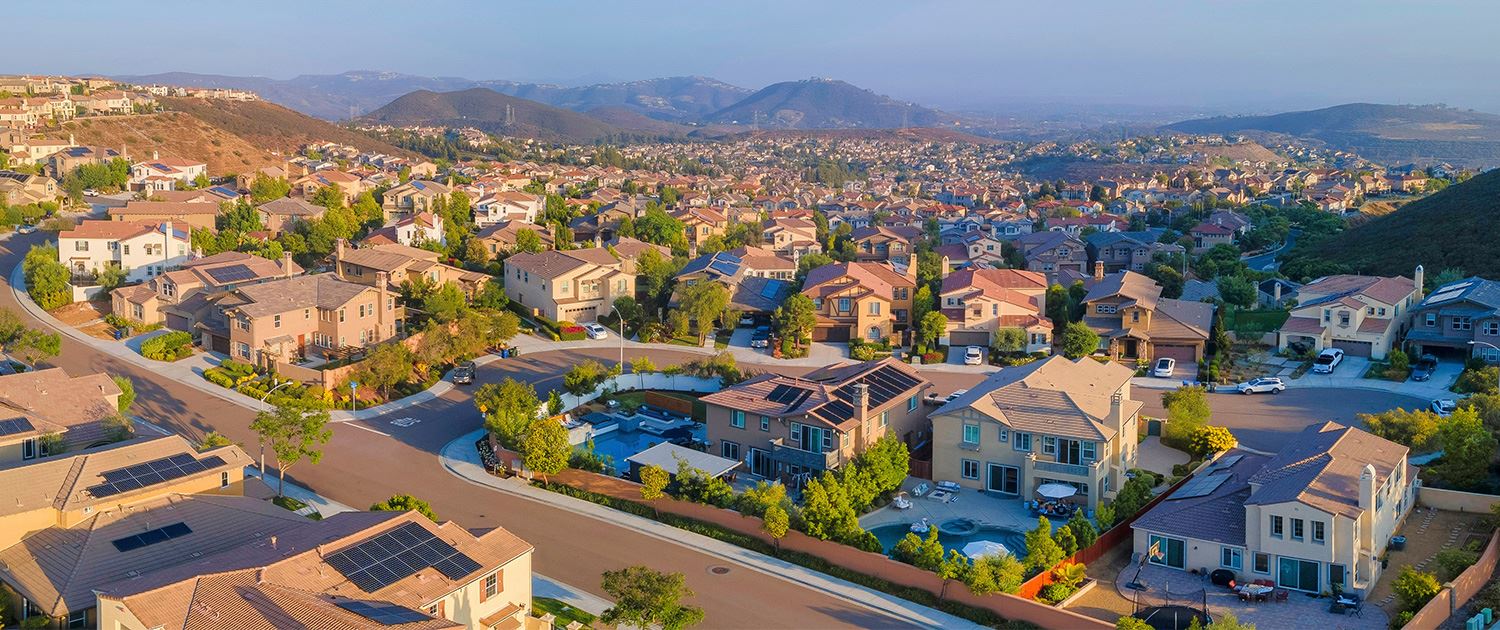
ELECTRONICALLY RECORDING HOMEOWNER ASSOCIATION MEETINGS
Homeowner Association Meetings are intended to be open meetings (see California Civil Code §4925) to the Association Members while private from the outside world. Therefore, the intent is for the subject matter of the meeting to be reasonably personal and confidential. Association documents (CC&Rs, Bylaws and Rules and Regulations) may address this issue and disclose the official policy of the Association.
However, even without a specific written policy Boards of Directors are advised to prohibit the electronic recording of association meetings. Still, with today's electronic equipment and technology, the recording of meetings may go undetected. Boards are advised to make clear at the commencement of the meeting that "electronic recording of this meeting is prohibited" and that the Secretary is only recording the meeting to assist in the preparation of the Minutes of the Meeting; and when the minutes are prepared (see Corporations Code § 8320) and available to members within thirty (30) days of the meeting (California Civil Code § 4950) the recording will be destroyed.
The comments of the membership (a statement by an owner) should not be recorded nor entered into the minutes of the meeting. The message expressed by an owner is often stated in the minutes in general terms without disclosing the name of the person speaking.
One of the primary concerns with electronically recording a meeting is that the recording cannot portray the total reflection of the meeting or the subject being discussed. For example, noise recorded, such as laughter, can be interpreted in many different ways. A recording cannot detect the expression of the face, the body language or gestures expressed which can totally change the understanding of the meeting, the decisions and the discussion during the meeting.
-
 California Association of Homeowners Associations
California Association of Homeowners AssociationsDedicated to: "Strength in unity and the value and enjoyment of property". Click here to get in touch with our experienced HOA consultants!
-
 Membership Program
Membership ProgramElevate your HOA experience with our exclusive membership services. Unlock access to legal expertise, resources, and guidance tailored to your association's needs. Join now to safeguard your community's interests.
-
 Election Services
Election ServicesEnsure fair and lawful elections for your HOA board. Explore our specialized election services designed to streamline the process and uphold the integrity of your community's leadership. Secure your next election with our expertise.
-
 Newsletter
NewsletterStay informed and empowered! Subscribe to our HOA legal newsletters for the latest updates, case studies, and insights. Knowledge is key - sign up now to receive valuable information directly to your inbox.



